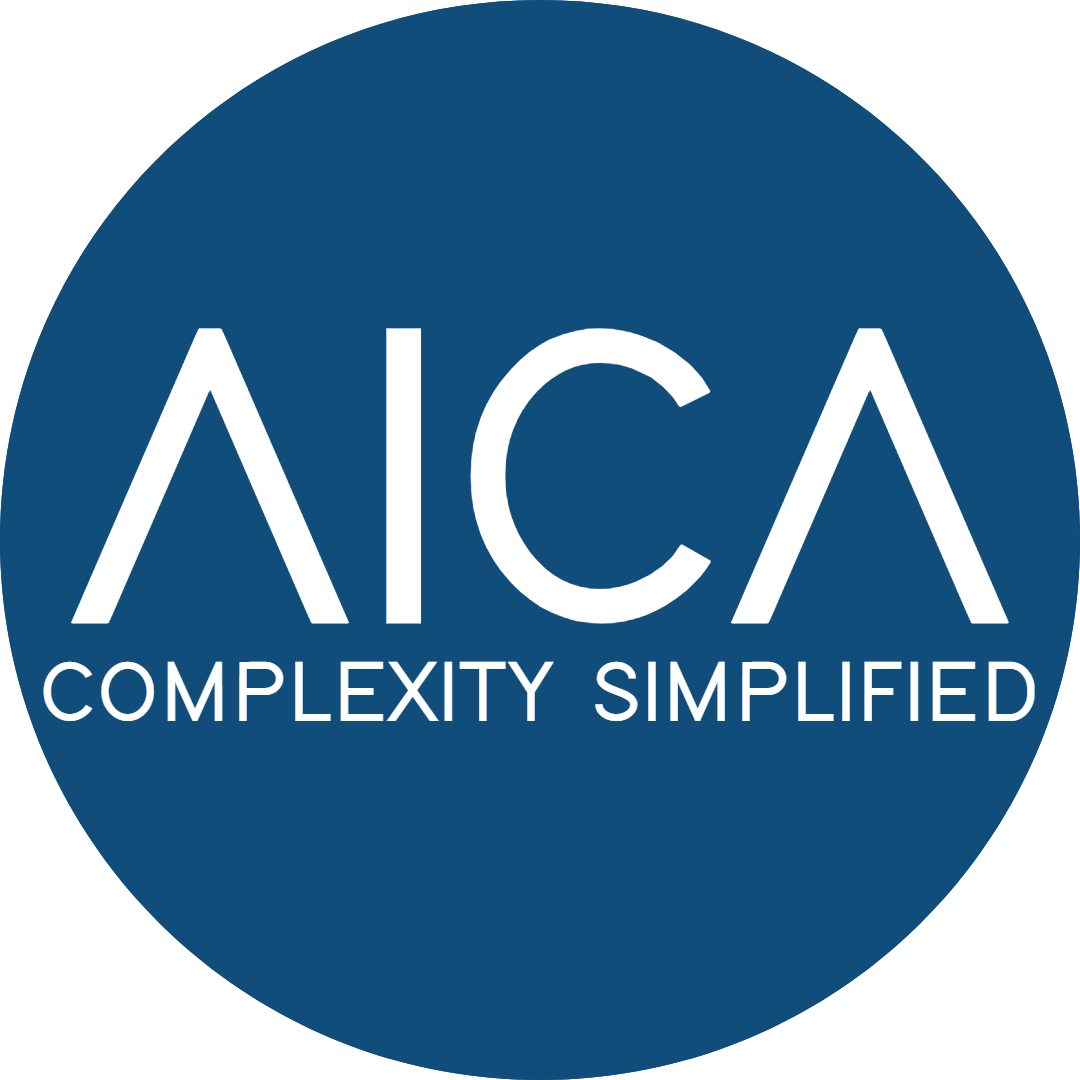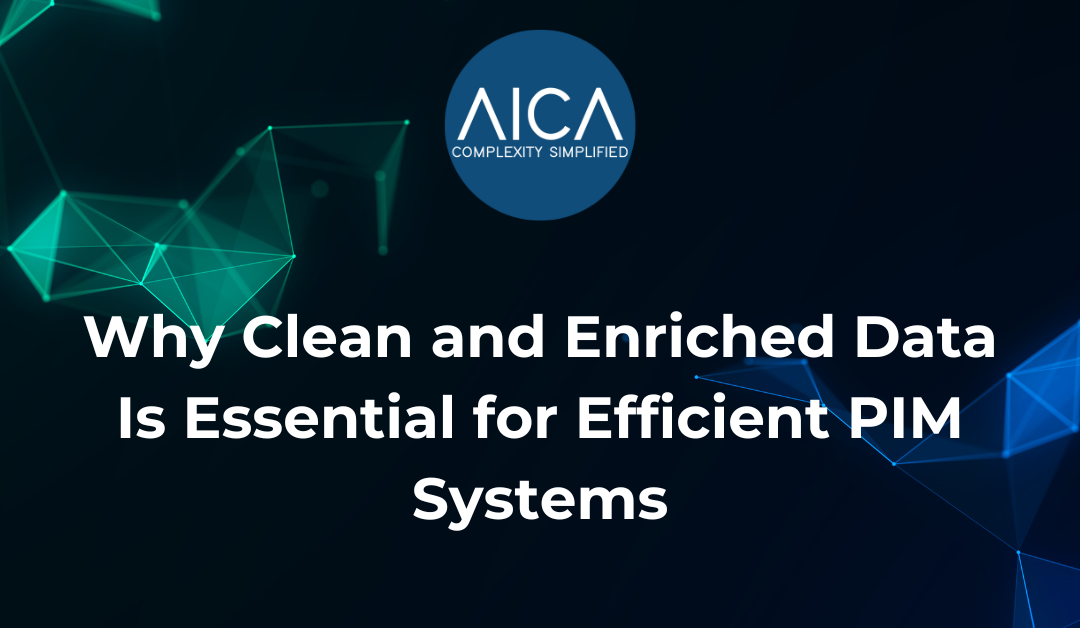Product Information Management (PIM) systems are designed to centralise, manage, and distribute product data across an organisation and its channels. However, the effectiveness of any PIM system is only as strong as the quality of the data it contains.
When data is inconsistent, incomplete, or duplicated, even the most advanced platform struggles to deliver value. Clean and enriched data, on the other hand, transforms a PIM system into a powerful engine for digital efficiency, customer experience, and omnichannel success.
The Cost of Dirty Data in PIM
Many organisations invest heavily in PIM systems to support e-commerce, digital catalogues, ERP integration, and more. Yet without high-quality data as a foundation, they quickly run into challenges.
For example:
- Inconsistent product descriptions across categories and suppliers
- Missing attributes such as dimensions, weights, and technical specs
- Duplicate entries that cause confusion and errors
- Delayed time-to-market caused by manual correction and enrichment
- Poor user experience for customers and sales teams alike
A PIM system is only as efficient as the product data it manages. Without structure and accuracy, workflows become reactive. Teams waste time cleaning or hunting for data instead of publishing it.
How Clean and Enriched Data Drives PIM Efficiency
Clean and enriched data changes the way a PIM performs. Here are five key improvements:
- Centralised Accuracy
Clean data ensures every product record is accurate, complete, and up to date. As a result, redundancy decreases, manual effort drops, and teams work confidently from a single source of truth. - Faster Time-to-Market
When product data is enriched with specifications, regulatory codes, and images, onboarding and syndication happen faster. Consequently, new product launches and updates reach the market with less delay. - Enhanced Channel Readiness
Different sales and distribution channels require different formats and completeness standards. Enriched data allows the PIM to adapt automatically for websites, marketplaces, print catalogues, and ERP systems. - Better User Experience
Whether the users are internal teams or end customers, clean product data ensures that search, filtering, and decision-making are seamless. This leads to higher satisfaction and fewer support queries. - Scalable Operations
Enriched and standardised data makes it easier to scale PIM across categories, geographies, and business units. Moreover, it supports automation, analytics, and AI integration for long-term growth.
How AICA Supports PIM Data Quality
At AICA, we help organisations unlock the full potential of their PIM systems by automating product data cleansing, enrichment, and classification at scale.
Our solutions include:
- Detecting and removing duplicates across catalogues
- Filling in missing attributes like brand, material, dimensions, and specs
- Standardising language, spelling, and structure across records
- Applying classification frameworks such as UNSPSC or GS1 GPC
- Delivering confidence scores for each enriched record
- Seamless integration with existing PIM, ERP, or MDM systems
With AICA, companies achieve up to 90% faster data onboarding, greater accuracy, and significant cost savings compared to manual processes.
Final Thoughts
A PIM system is only as effective as the data it holds. Clean, complete, and enriched product information doesn’t just improve system performance—it drives better business outcomes.
From faster launches to improved search, stronger omnichannel performance to reduced returns, high-quality data is the true foundation of modern commerce.
If you’re looking to scale PIM operations, clean up your catalogue, or accelerate digital growth, now is the time to invest in your data. Click here to visit our website.
Copyright Reserved © AICA Data International Ltd 2025

